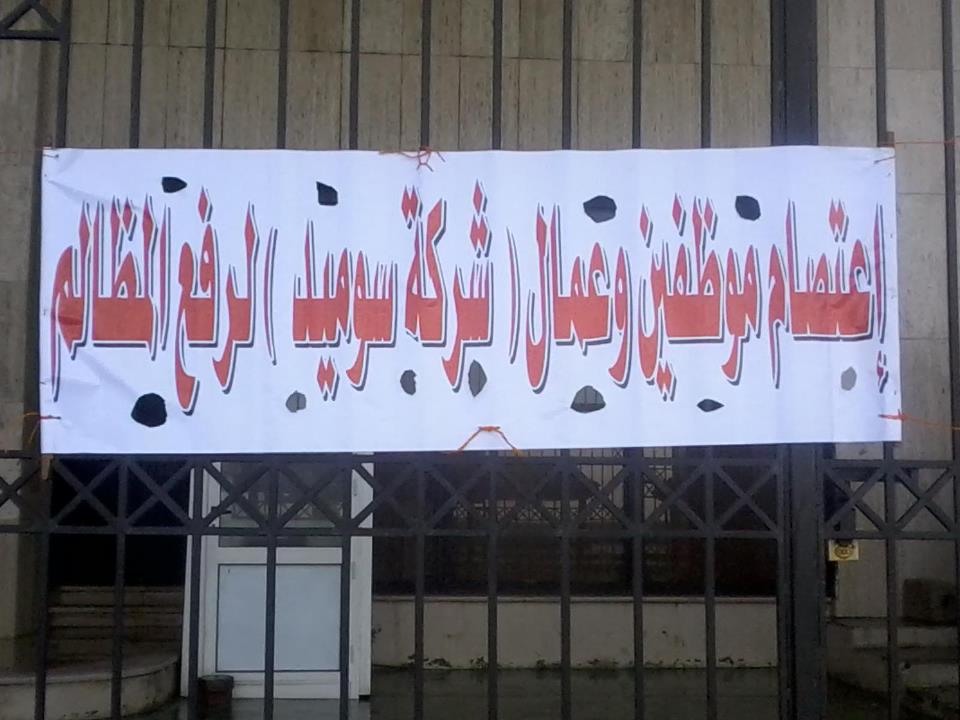By Bushra Juhi / AP
BAGHDAD: Iraq’s Al-Qaeda branch claimed responsibility Friday for attacks that killed dozens in the capital and across the country the day before, the worst wave of violence in weeks.
The sudden spike dashed hopes that Iraq was calming and raised fears of escalating sectarian violence in the turmoil following the US military pullout last December.
Lawmakers representing Iraq’s minorities denounced the bloodshed as a tragic but inevitable result of the Shia-led government’s attempts to sideline them and dominate Iraqi politics.
The Islamic State of Iraq, as Al-Qaeda in Iraq calls itself, said it targeted security forces and government officials in “response to the campaign of detaining, torture, embargo and confiscation of lands of Sunni people, especially in Baghdad and its outskirts.”
The claim was posted on militant websites.
Al-Qaeda said the Thursday morning wave that struck 10 cities across Iraq, killing at least 30 and wounding 117, was just the beginning of a prolonged series of attacks.
Al-Qaeda and other Sunni militant groups have stepped up attacks on Shias since the US pullout, raising concern of a new surge in sectarian violence.
A lull since mid-March had led many to hope Iraq had turned a corner away from widespread violence. That hope collapsed Thursday as at least 14 bombs and mortar shells exploded across Iraq.
Six of the bombings struck at security forces and government officials, frequent targets for insurgents.
In Baghdad, 12 people were killed, most of them in Shia neighborhoods. Other targets were in northern Iraqi cities, including Samarra, where a 2006 mosque bombing touched off the worst of the insurgency; the ethnically mixed city of Kirkuk, and deposed dictator Saddam Hussein’s hometown of Tikrit.
Sunni and Kurdish lawmakers said the bombings likely were the result of a months-long political impasse that has all but paralyzed Iraq’s government since the US military withdrawal. They said bickering over a power-sharing agreement with Prime Minister Nouri Al-Maliki, a Shia, has opened the door to violence.
Iraq’s political chasm has pitted Al-Maliki against the Sunni-dominated Iraqiya coalition, which complains it is being shut out of power. The bloc briefly boycotted the government this year after an arrest warrant was issued against Sunni Vice President Tariq Al-Hashemi on terrorism charges. Iraqiya and Al-Hashemi called the charges an example of Al-Maliki’s misusing his authority for political gain.
Although the level of violence is nowhere near where it was five years ago, when Iraq threatened to descend into civil war, deadly attacks are again common nationwide.
Although political unrest appears to serve as a conduit for insurgents seeking to undermine Al-Maliki’s government, it’s unlikely the bombers were motivated by a desire to create a new power-sharing agreement, said Juan R. I. Cole, a history professor and Middle East expert at the University of Michigan.
“Right now you have a small but significant number of people who are absolutely unreconciled to the idea of a new Iraq. And that is where you get terrorism,” Cole said. “They don’t believe in Iraq’s parliament — they are trying to undermine it.”
